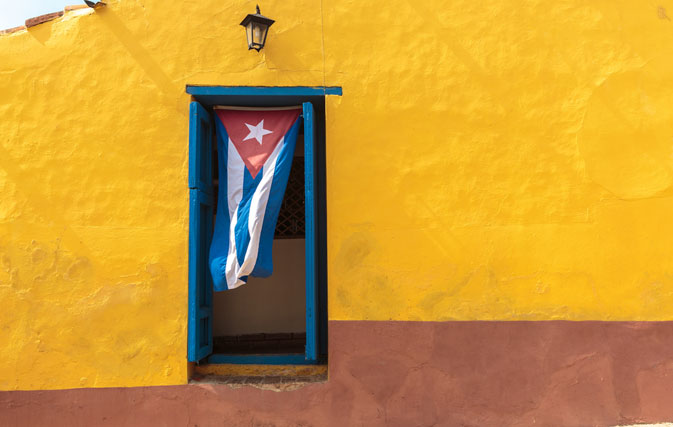MONTREAL — Canadian airlines say impending U.S. travel to Cuba could spur cross-border travelling by Canadians in search of cheaper flights from American airports to the island.
While the low loonie has generally discouraged treks by Canadians to border-area airports in recent months, an eventual rise could prompt them to head once again to the U.S., especially if those hubs start offering an array of flights to Cuba.
“Should U.S. border airports start offering services to Cuba, it definitely has the potential to exacerbate the leakage of passengers,’” said Marc-Andre O’Rourke, executive director of the National Airlines Council of Canada.
That would add fuel to the industry’s long-standing complaint that its competitiveness is hurt by “a Canadian policy framework that treats the aviation industry as a source of public revenue by downloading government taxes, fees and other charges on airfares.”
Some of those concerns were addressed in a report released Thursday that recommends the phasing out of airport rent, reducing the security fee and working with provinces to reduce or eliminate fuel taxes on international flights, he added.
Gene Richards, director of aviation for Burlington International Airport in Vermont, said he expects Canadian business and leisure traffic to Cuba will pick up after U.S. airlines begin scheduled service through their hubs, possibly later this year.
American carriers face a March 2 deadline to submit applications.
“I think there are going to be endless opportunities,” Richards said in an interview.
The U.S. and Cuba recently signed a deal to resume commercial air traffic for the first time in five decades. It will eventually allow up to 110 daily flights from the U.S. to Havana and nine other Cuban cities.
Travel purely for tourism, however, won’t be allowed until U.S. Congress lifts a long-standing embargo that also restricts most trade with Cuba. U.S. President Barack Obama is visiting Cuba next month, the first sitting president to travel to the island in 88 years.
In 2015, 3.5 million visitors travelled to Cuba, according to the Centre for the Study of the Cuban Economy at the University of Havana. Canadians spent $780 million in 844,000 visits in 2014, says Statistics Canada.
Nonetheless industry observers believe an expansion of air service to Cuba will be gradual because the island’s infrastructure can’t handle a tidal wave of new visitors.
“I think the (Cuban) government’s got to be very careful because it could flop really quickly if it isn’t done correctly,” said Richards.
WestJet Airlines expects the influx of American tourists will make the destination more expensive.
“We do expect to see pressure on hotel room inventory and pricing once the market is opened up to U.S. tourist traffic,” said spokeswoman Lauren Stewart. The lower Canadian dollar caused prices to rise last fall because hotel packages are priced in U.S. dollars.
Jury Krytiuk, head of the Cuban travel department at Toronto-area agency A. Nash Travel Inc., said the aggressive construction of beach resorts will support existing Canadian traffic and new U.S. travellers. However, the situation is far more challenging in Havana, where there is a shortage of hotels, especially the five-star offerings many Americans crave.
Hotel prices in Havana have surged 35% because of growing demand in the past year since travel restrictions were eased for Americans, he said.
“Everyone wants to see Havana before it changes,” says Krytiuk, who’s been sending passengers to Cuba for 40 years.
Transat said the impact on the company from the flood of Americans will be limited because some restrictions on travel remain, and many U.S. flights will be converted from charters that currently fly mostly expats to Cuba to visit family.
“There will not be an abrupt change or nothing will happen overnight,” said vice-president Michel Lemay, whose company manages three Ocean Hotels in Cuba that it partially owns with a Cuban state-owned agency.
Cuba could be a springboard for Transat’s ambition to become a U.S.-based player as either a tour operator or distributor to help grow its presence in the Americas.
Krytiuk said that makes sense since Canadian tour operators like Transat and Sunwing can parlay their hotel ownership and deep knowledge of Cuba to serve the U.S. market, one that isn’t familiar with the Caribbean’s largest island.

